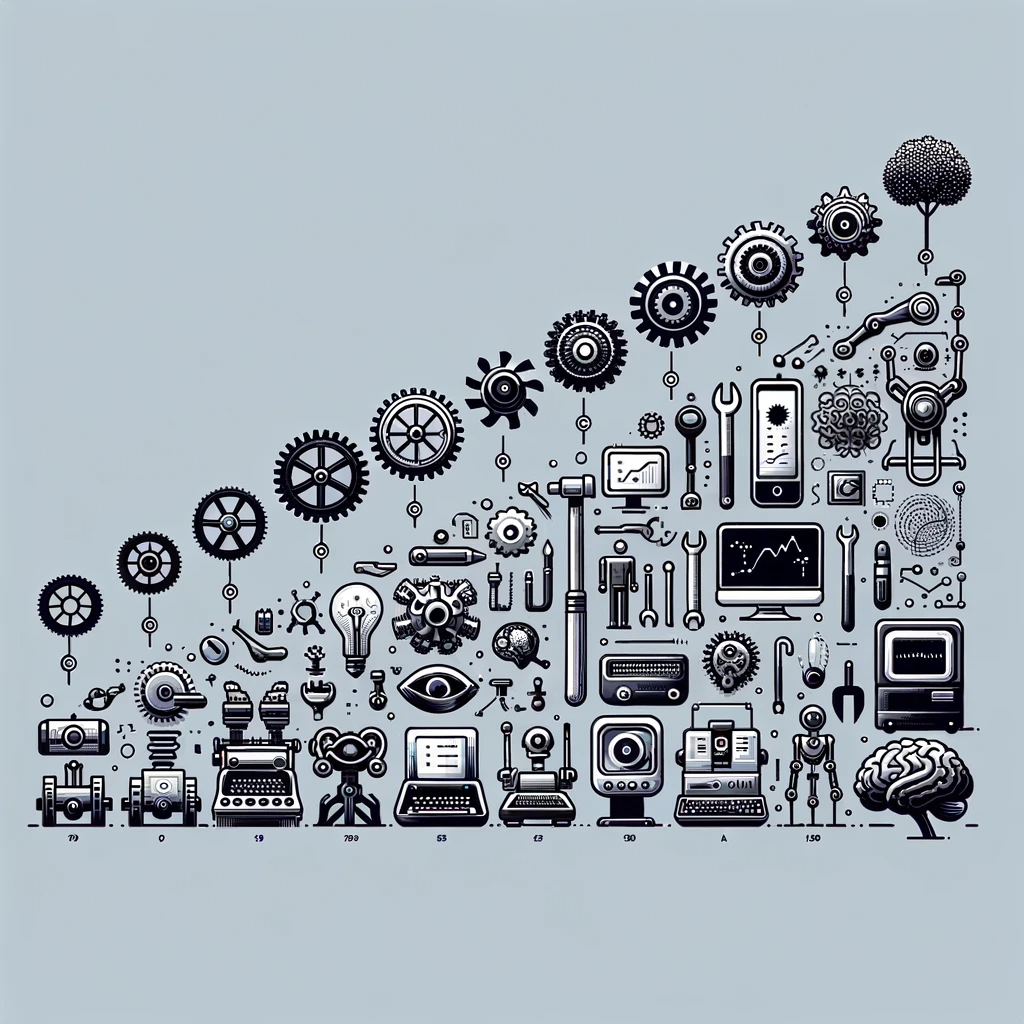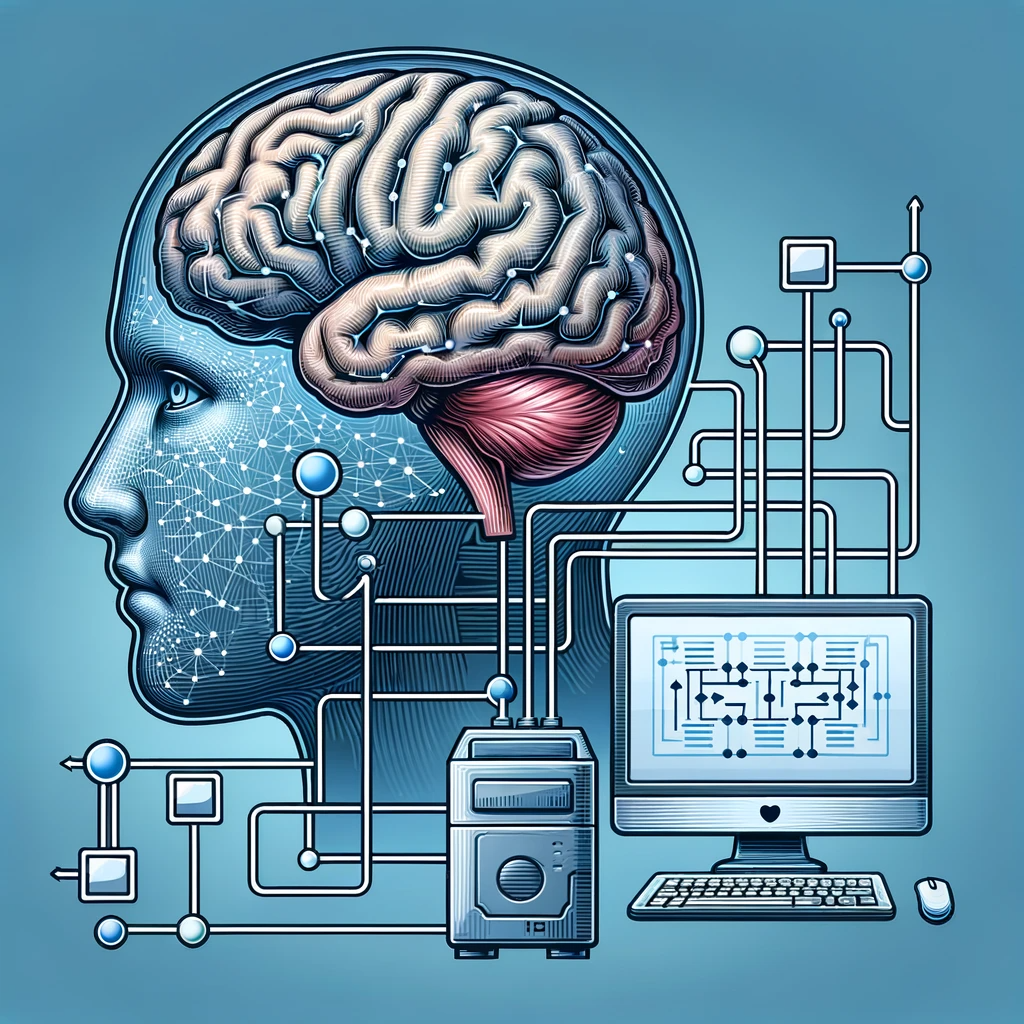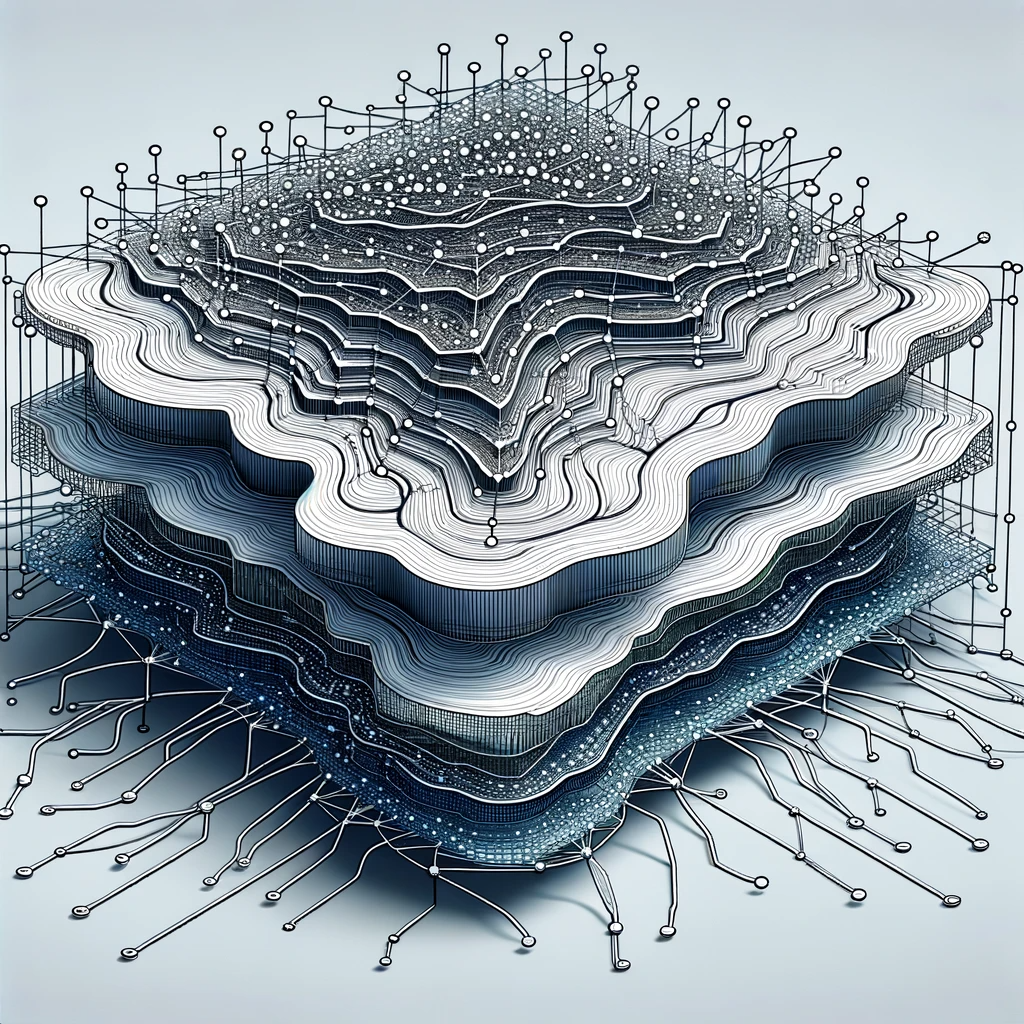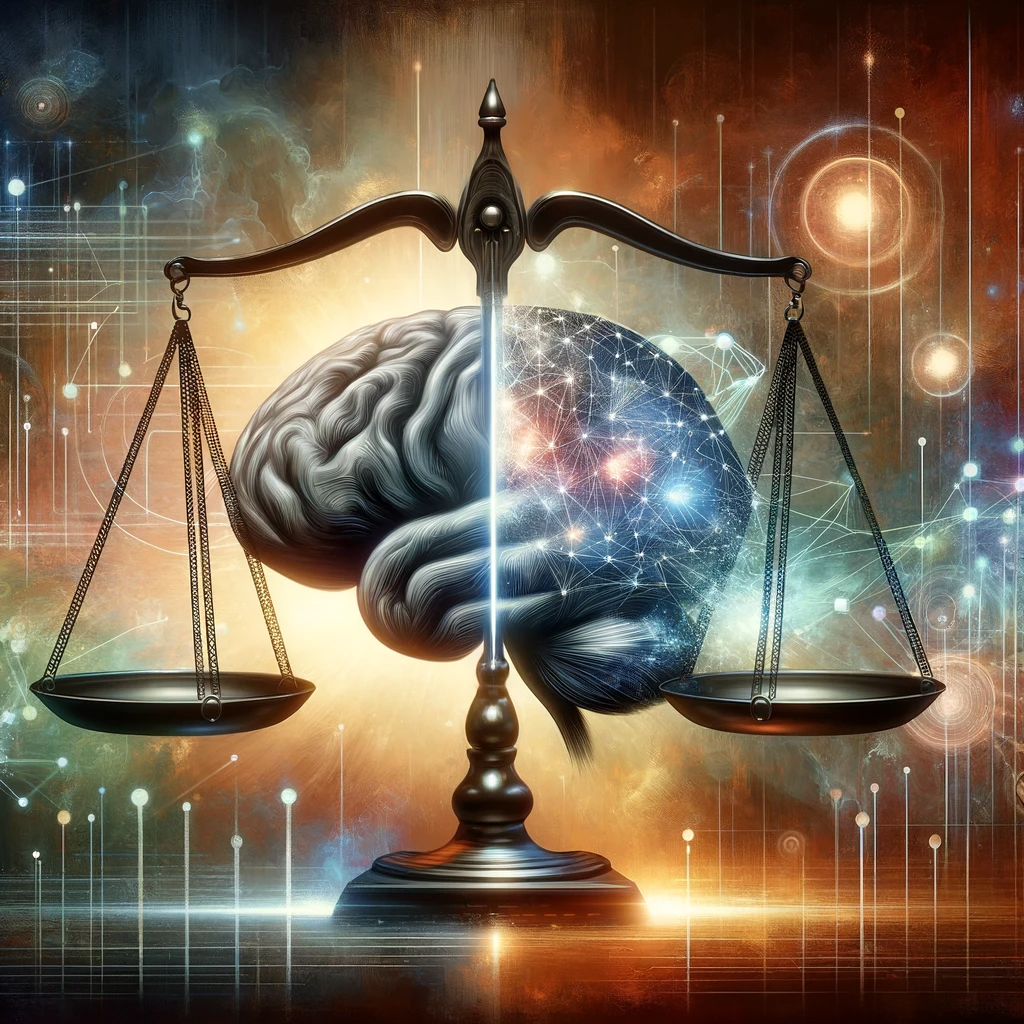The Evolution of Artificial Intelligence: From Heuristics to Horizon
| Blog # | BP-001 |
| Author | Joseph Chin |
| Further Reading |

1/ The Evolution of AI: A Journey through Heuristic Programming
The evolution of artificial intelligence (AI) is a testament to human ingenuity and the quest for creating machines that can think. The initial phases of AI were heavily focused on heuristic programming - a method where problem-solving mimics human decision-making through rule-based approaches. This phase was crucial in laying down the foundation for more complex AI systems. The era was marked by early attempts to create programs that could solve logical and mathematical problems, giving us a glimpse into the potential of AI.
2/ The Role of Heuristics in AI Development
Heuristics have played a pivotal role in AI's growth. These are strategies or a set of rules designed to solve problems more efficiently when classic methods are too slow or fail to find an exact solution. The beauty of heuristics lies in their ability to offer 'good enough' solutions where perfection is unattainable or impractical. This approach is strikingly similar to human problem-solving techniques, where we often rely on intuitive judgment rather than exhaustive analysis.


3/ The Logic Theory Machine: Pioneering AI
One of the earliest and most significant developments in AI was the creation of the Logic Theory Machine by Newell, Shaw, and Simon. This program was designed to mimic human problem-solving skills and marked a significant leap in the field of AI. It challenged the traditional notion of machines being mere calculators and showcased their potential in logical reasoning and decision-making. This innovation set the stage for future AI advancements by demonstrating that machines could engage in complex, intellectual tasks.
4/ Challenges in Early AI: Limitations and Breakthroughs
The early stages of AI were not without challenges. The primary limitation was the lack of powerful computing resources. Early AI programs had to operate within these constraints, leading to innovative solutions and breakthroughs. These limitations prompted researchers to focus on optimizing algorithms and developing more efficient ways of problem-solving. This period of AI was crucial in understanding the constraints and possibilities of machine intelligence.


5/ The Shift Towards Advanced AI: From Heuristics to Deep Learning
As technology advanced, so did AI. The field witnessed a significant shift from basic heuristic programs to more advanced forms of AI, like machine learning and deep learning. This transition was fueled by the explosion of data and the significant increase in computational power. Modern AI systems learn from vast datasets, allowing them to make decisions and predictions with astonishing accuracy. This shift represents a fundamental change in how machines learn and adapt, closely mirroring human learning processes.
6/ The Future of AI: Ethical Considerations and Potential
The future of AI is both exciting and daunting. As AI systems become more advanced, they raise critical ethical considerations. The potential for AI to transform industries, enhance our daily lives, and solve complex global challenges is immense. However, this comes with the responsibility to ensure that AI is developed and deployed responsibly, with consideration for its impact on society, employment, privacy, and security.


7/ Embracing the AI Revolution
The journey of AI, from heuristic programming to advanced neural networks, is a story of human ambition, ingenuity, and technological evolution. As we stand on the brink of an AI revolution, it's essential to embrace these advancements while being mindful of their implications. The future of AI promises to redefine the boundaries of what machines can achieve, bringing us closer to a world where artificial and human intelligence coexist and complement each other.